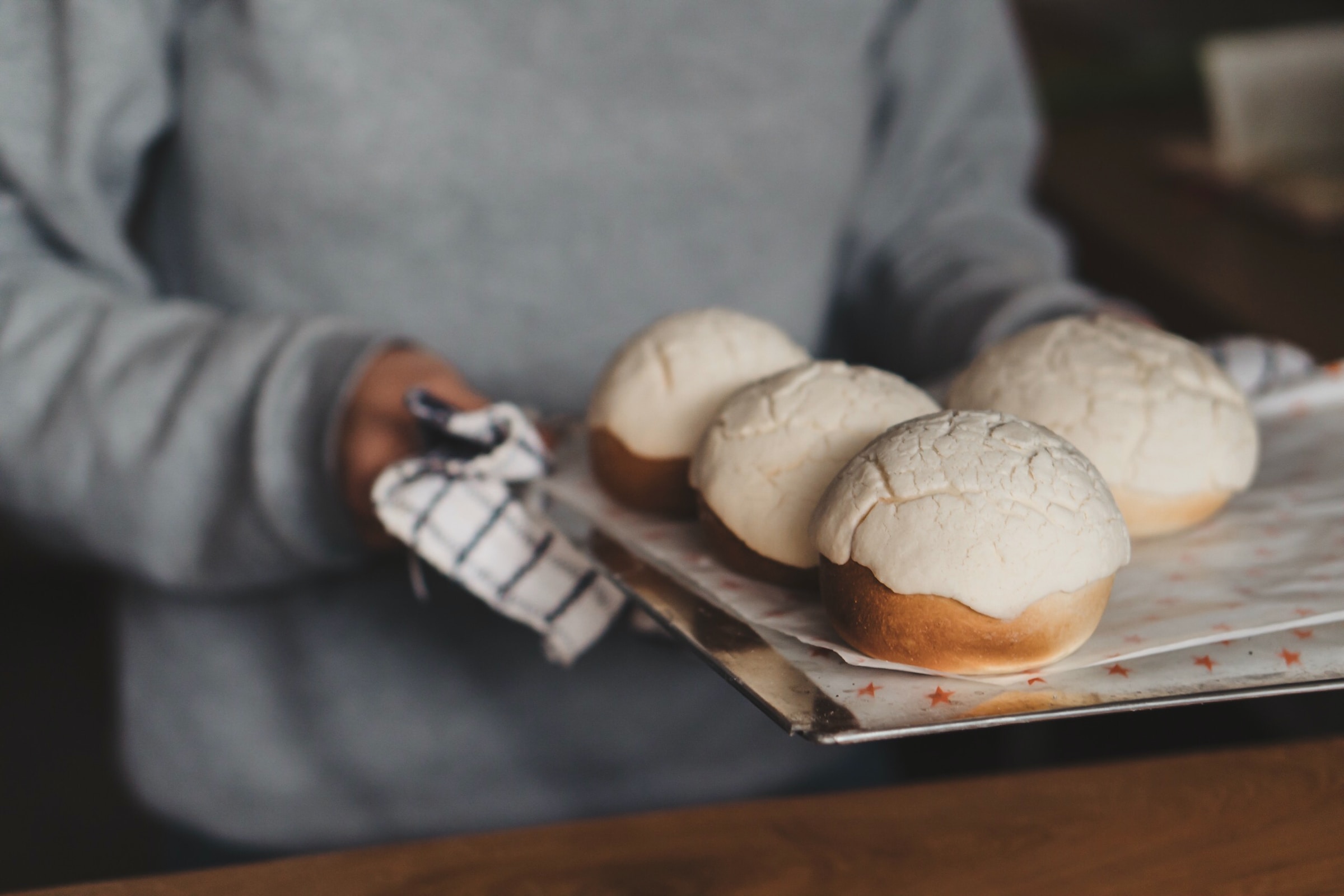Three out of four people who experience addiction eventually recover, according to a study by the Centers for Disease Control and Prevention (CDC) and the National Institute on Drug Abuse in 2020. While the statistics reveal a hopeful reality, recovery isn’t always easy — with maintaining mental well-being serving as one challenge that many may encounter. However, taking up a new hobby like cooking or baking allows for many mental and physical health benefits.
The impact of a new hobby
Hobbies are more than a way to pass the time; activities such as cooking, and baking can be a fantastic outlet for those in recovery. Daisy Fancourt, a behavioral science and health researcher at the University College London (UCL)’s Institute of Epidemiology and Healthcare, wrote with her co-authors in a study published in Nature Medicine about the value of hobbies. It’s noted that hobbies “involve imagination, novelty, creativity, sensory activation, self-expression, relaxation, and cognitive stimulation, all of which are positively related to mental health and wellbeing via psychological, biological, social, and behavioral pathways.”
When it comes to getting into the kitchen as a therapeutic outlet for recovery, many aspects of the hobby can be therapeutic. “When I was getting sober, I found that my life was so out of control, but baking was… just this beautiful, meditative, very controlled, artistic outlet for me,” Janie Deegan told CBS News, who was once homeless and recovering from addiction. “And I was 25 and had no idea what I wanted to do with my life, but I found that baking helped me reconnect with people.” While baking began as a hobby for Deegan, it eventually turned into a bakery called Janie’s Life-Changing Baked Goods in East Harlem, New York. Known for its signature pie crust cookies, the business is also known for its ‘open-door hiring policy, which gives “ready, willing, able, and enthusiastic” individuals a second chance despite their past.
Encouraging a mindful, healthy diet
When looking to get into cooking or baking while in recovery, there are a multitude of ways that the hobby can support your physical and mental health. Regarding physical health, cooking your food can lead to heightened mindfulness surrounding food and a healthier diet as a result. According to the University of Utah Health, nutrition plays an important role in recovery from substance abuse, going on to point out that “Food and nutrition supplies the body with energy, as well as important vitamins and minerals that you need to start physical repair and boost your immune function.”By preparing your meals, you have better control over what you’re fueling your body with than simply ordering out.
For those in recovery from addiction who fear they may not find a niche in the kitchen, it’s imperative to remember that there are a myriad of different avenues to explore apart from simply cooking dinner. The possibilities and opportunities for creativity are endless, from experimenting with new and exotic cuisines to putting your own twist on desserts. One great place to start is by challenging yourself to recreate your favorite take-out food, which can be achieved through a ‘copycat’ recipe. Whether you’re craving a specific fast-food hamburger or crispy chicken, a copycat recipe is key in achieving a similar taste from your own kitchen. As you begin your cooking journey, finding and collecting your favorite recipes can become a fulfilling quest in more ways than one.
Cooking and mental health
Regarding mental health, Southern Living highlights several advantages of getting in the kitchen, citing one study published in the Journal of Positive Psychology. The study suggests that those who frequently take on small, creative projects (like baking or cooking) “report feeling more relaxed and happier in their everyday lives.” Southern Living further cites the value of cooking for emotional health. The Wall Street Journal (WSJ) has reported that therapists are recommending cooking classes as a way to treat depression, anxiety, eating disorders, ADHD, and addiction. Counselors who spoke to the WSJ noted that cooking can help “soothe stress, build self-esteem, and curb negative thinking by focusing the mind on following a recipe.”
Managing stress in healthy and productive ways may be beneficial to persons in recovery, mainly because stress can contribute to relapse. That said, hobbies can be particularly helpful in relieving tension in several different ways. For example, Verywell Mind notes that hobbies can provide meaning and break up a boring schedule without a task that feels like work, thus providing “just the right amount” of challenge and excitement. For absolute beginners to cooking or baking, taking a class can also work to provide you with social support. “Shared interests and time spent together can create close connections, so hobbies that bring you closer to others are well worth your time.”
For those in recovery, taking up a new hobby, such as cooking or baking, can be a fantastic way to manage mental and physical health. Whether you’re a total beginner or have some experience in the kitchen, making food can become much more than just a hobby thanks to its therapeutic, creative, and feel-good nature.
Image by Alonso Romero @ Unsplash.com








1 Comment
I seem to be having trouble signing up.can someone help